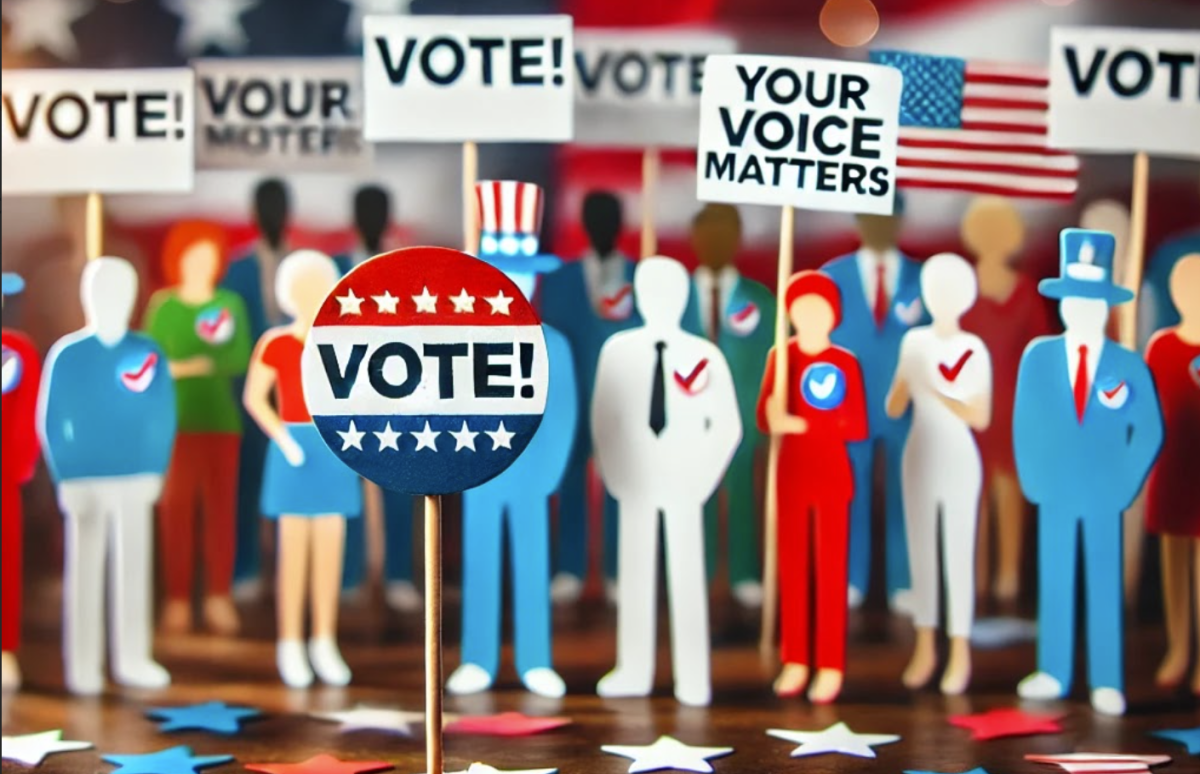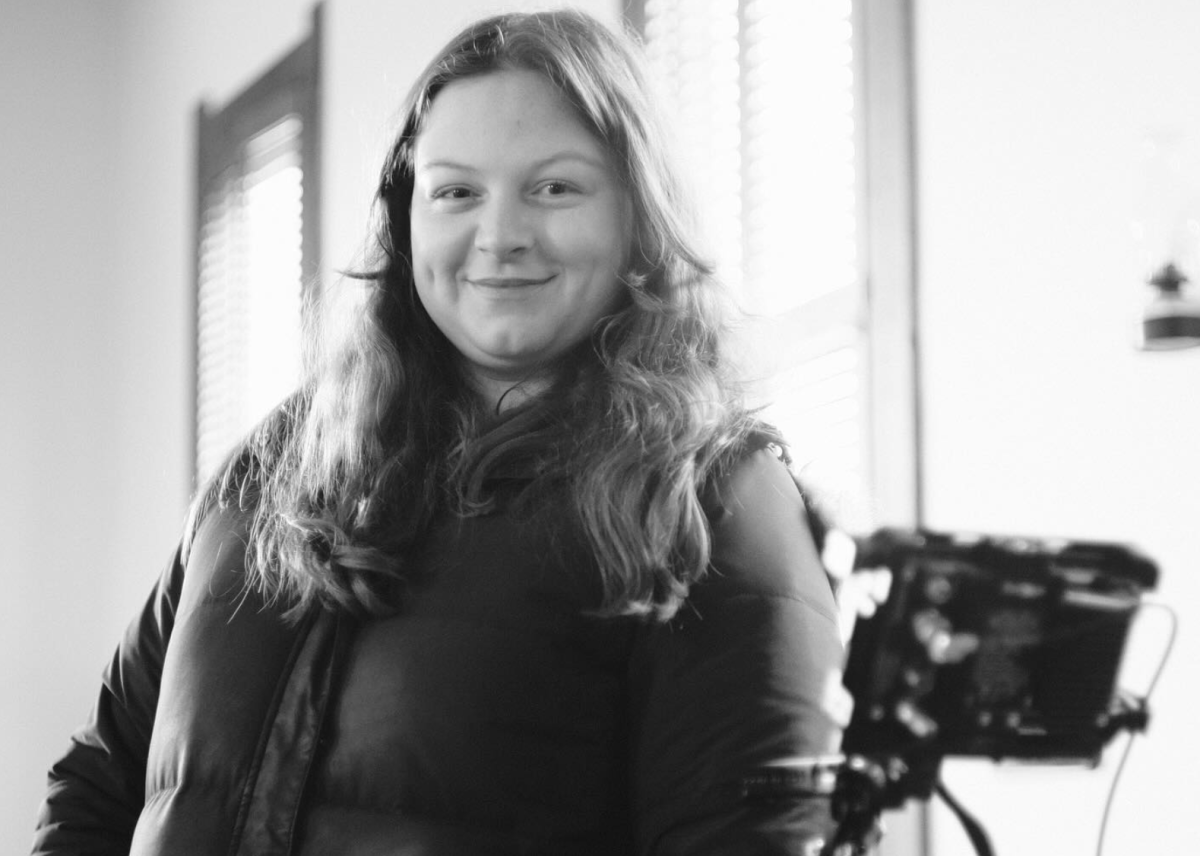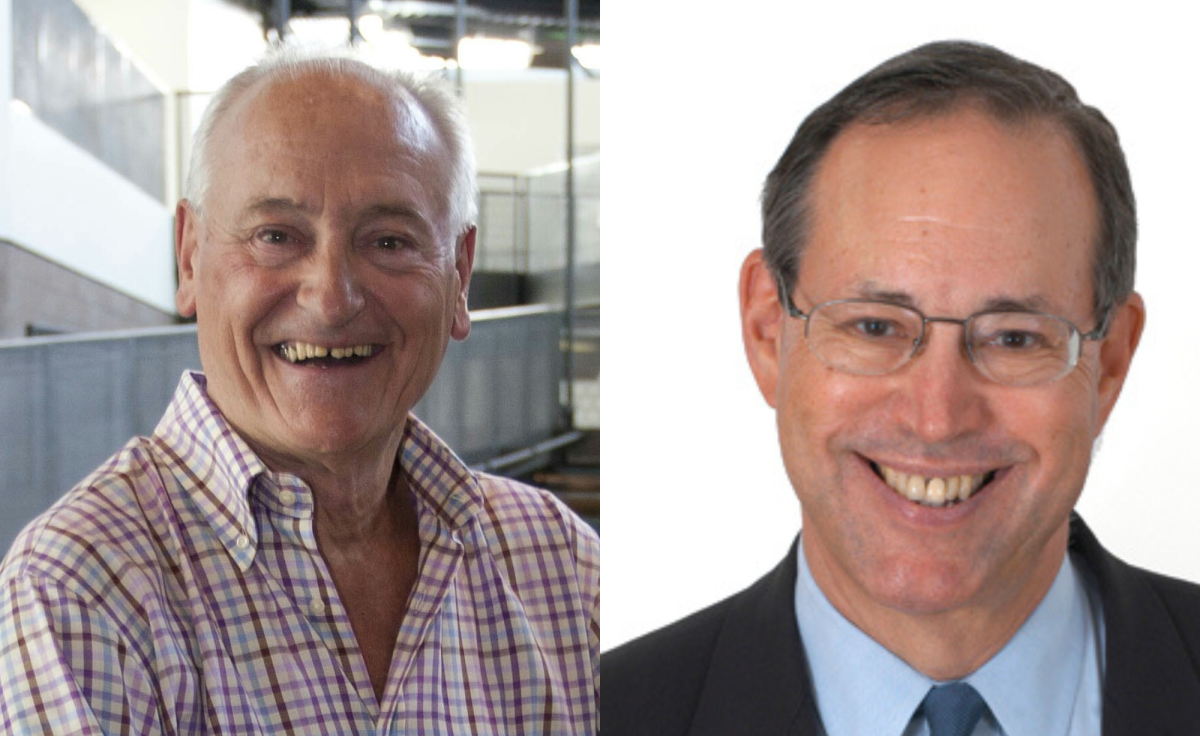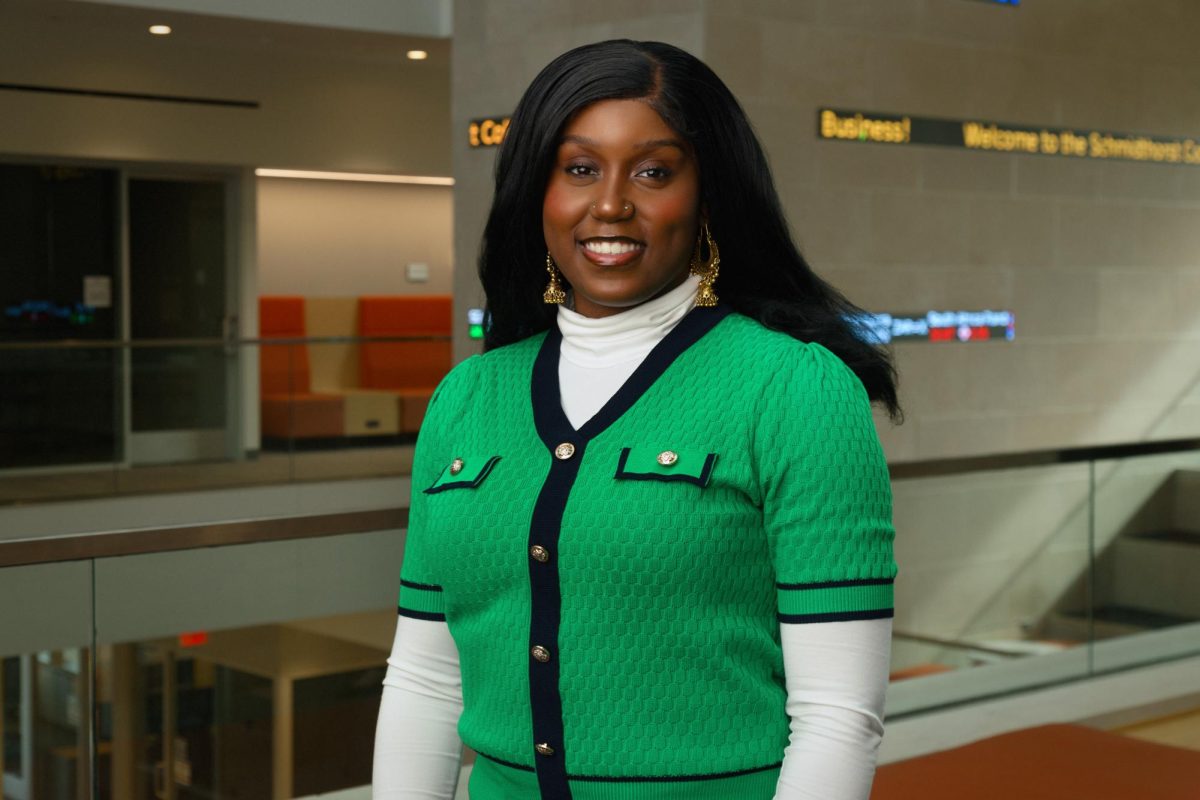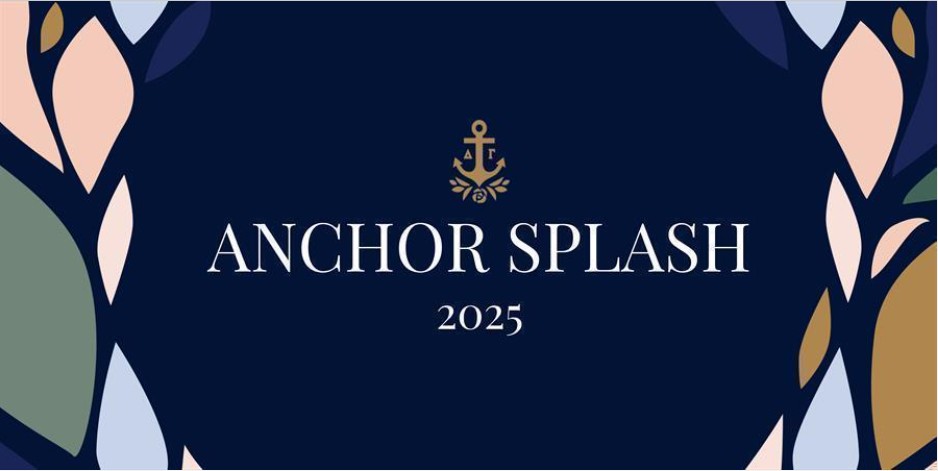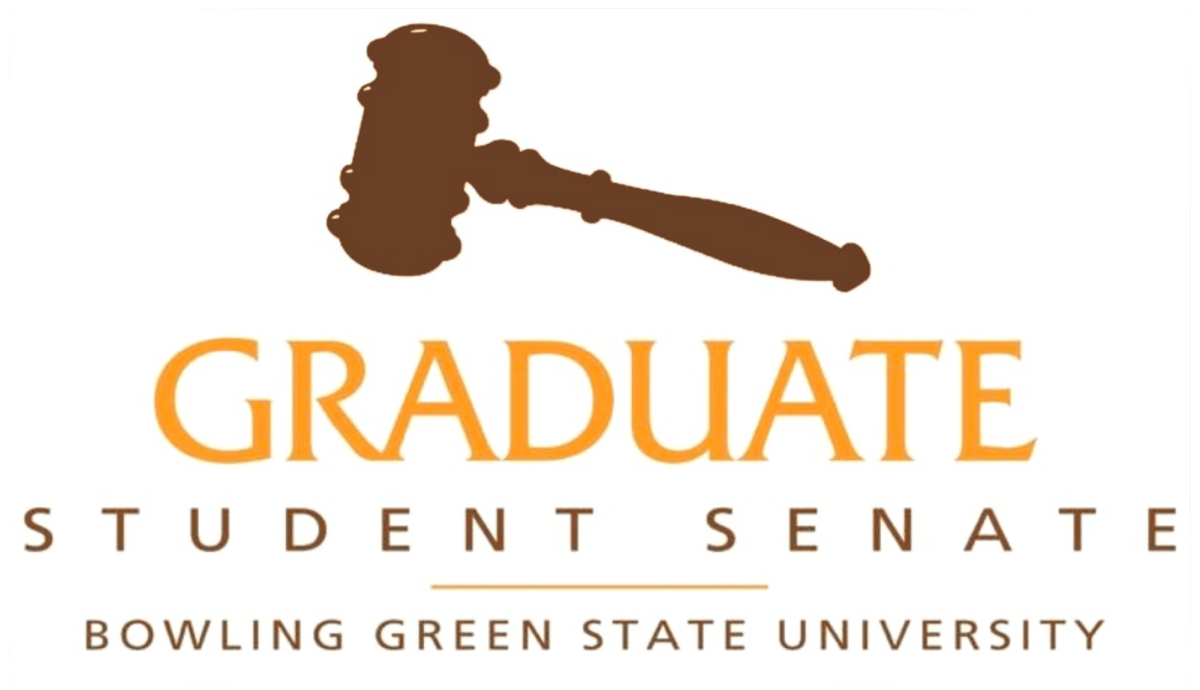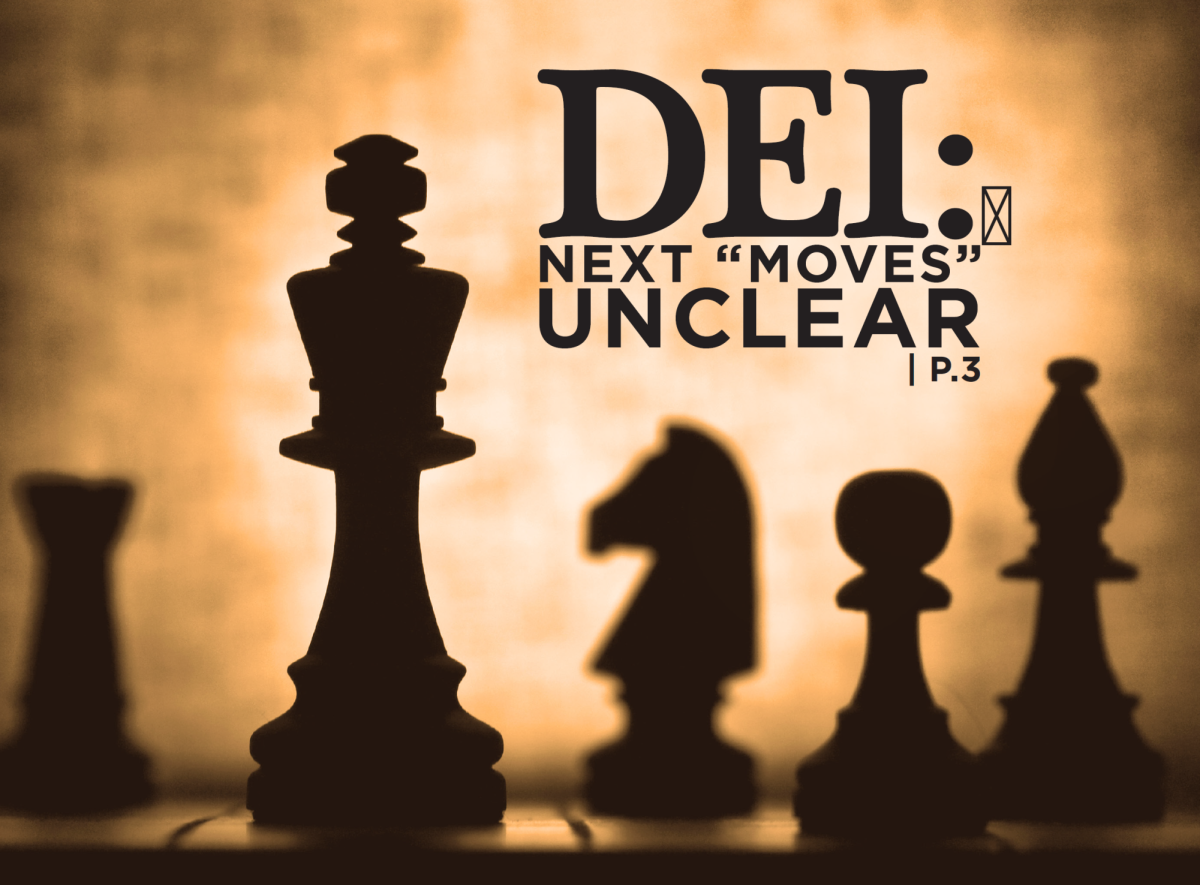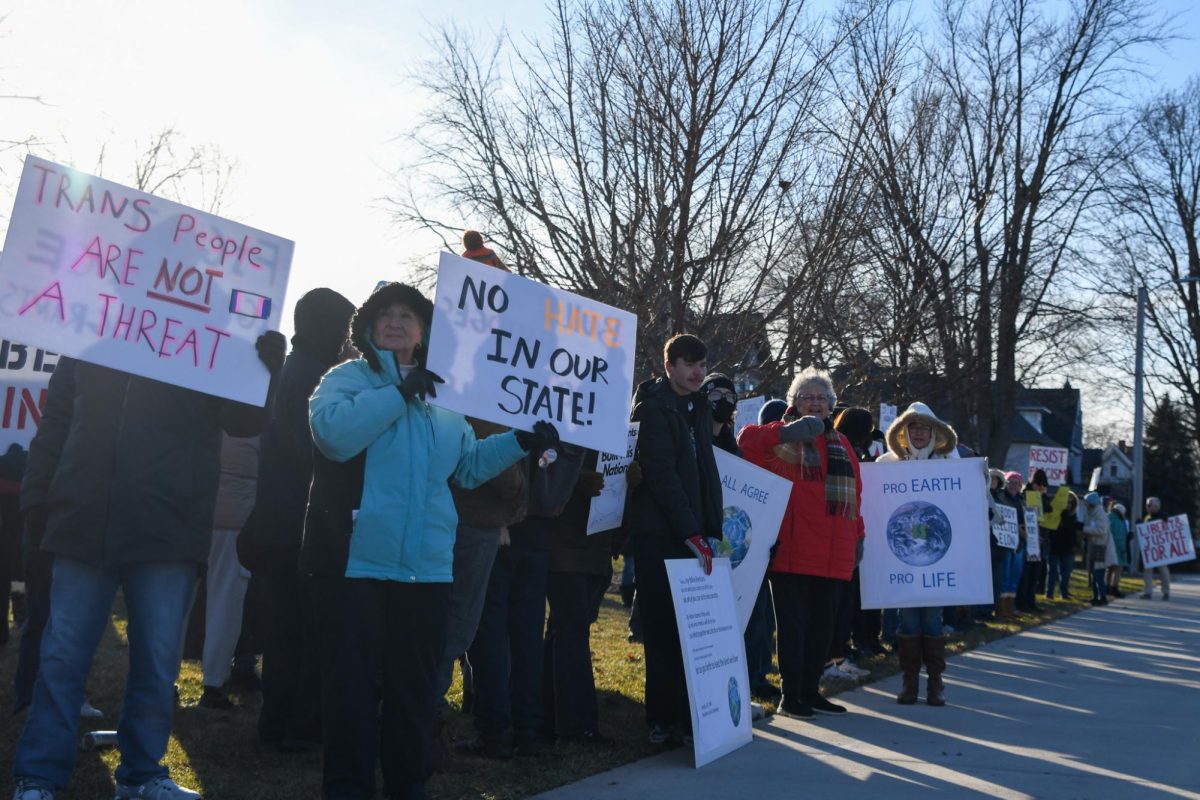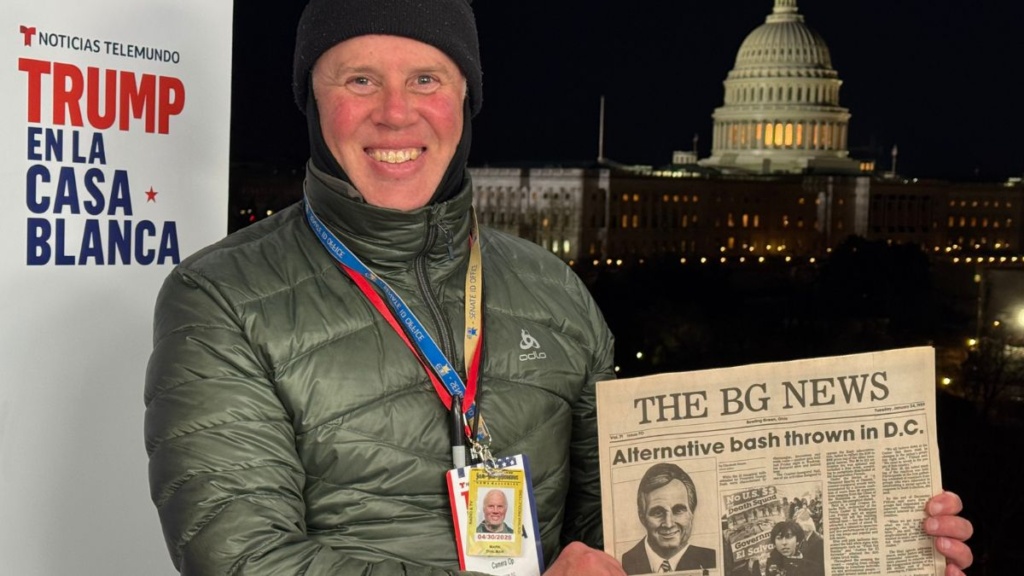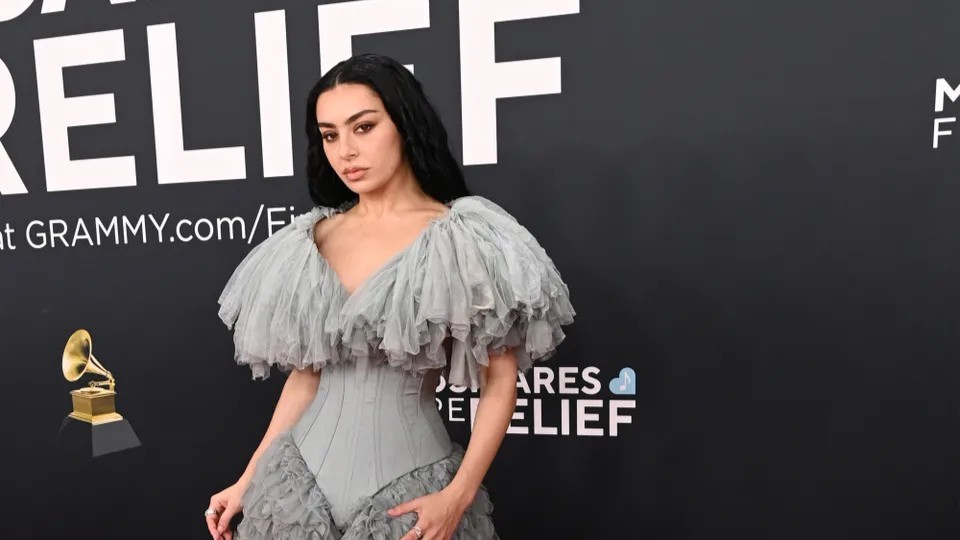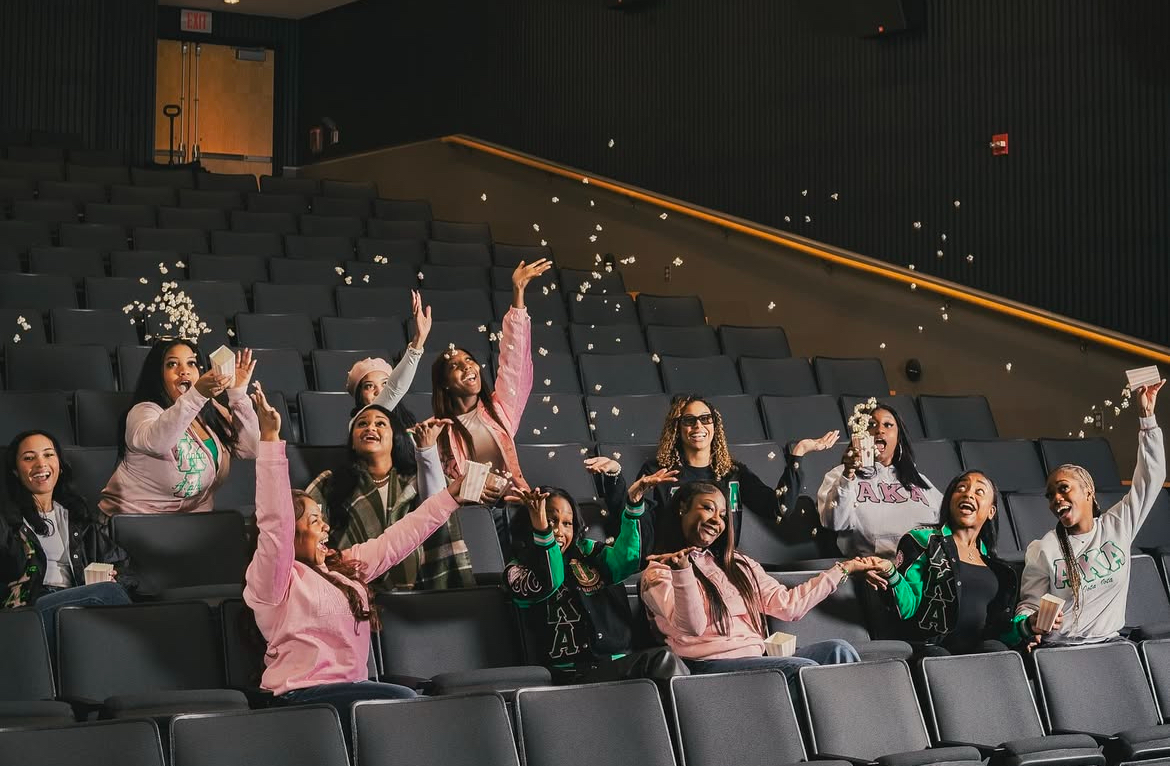Following the 2024 presidential debate back in September, pop star Taylor Swift posted her official endorsement for Vice President Kamala Harris.
Other celebrities ranging from Elon Musk to Beyonce have also spoken out publicly about the candidate they’re voting for. Discussions on whether or not this could affect voters at Bowling Green State University have come to the forefront.
Katie Cline, an ACS PhD student at BGSU who taught the course “Fandom in the U.S: Taylor Swift”, explained why Swift has such a large impact on young voters.
“Taylor Swift in particular seems to have a cultural hold on us right now. Anything she does, wears and any brand she is seen with is going to get traction. I think it falls into this larger idea of people wanting to emulate celebrities,” Cline said.
Dr. David Jackson, a political science professor at BGSU, also spoke about what made Swift’s endorsement different from other celebrities.
“She possesses every characteristic that a successful celebrity endorsement needs. For one, she’s very popular and well known,” Jackson said. “Also, the depth of attachment fans have to her. Any time a fan base has a name, you know that the devotion is significant. People find her credible and likable.”
Cline raised the point that fans of Taylor Swift might follow suit with her political opinions, especially if they have not done their own research.
“I think they would just follow her. We’re seeing that. We saw it in 2020, and we’re seeing that now because her endorsement means so much. We can talk about whether it should or not, but the fact of the matter is that it does,” she stated.
Jackson explained the research that has been done on celebrity endorsements and the effect that they have during elections.
“Most of my research has shown that if a political position is already popular within a group, a celebrity endorsement makes it more popular. If the position is unpopular, it makes it less unpopular,” Jackson said. “In terms of vote choice, we’ve definitely seen evidence that celebrities can influence people’s level of support for a candidate.”
Celebrity endorsements could also be seen as a way for people to reduce time researching a candidate, and instead follow what their favorite celebrity is doing.
“People use shortcuts all the time to make up their mind…Newspaper endorsements are the same way, other candidates endorsing each other, interest group endorsements or union endorsements are the same way,” Jackson said. “All of these provide people a shortcut to get from who should I support to choosing who to support without having to do a year-long research project.”
Cline discussed the importance of celebrities using their platform to speak up about the current election.
“I think when people have platforms, especially of the scale that Taylor Swift or Beyonce have, it becomes even more important for them to be doing their research and to hopefully be supporting causes that are inclusive,” she said.
The rise of social media could make an impact on the way young people decide to vote and how much a celebrity endorsement will affect their choice.
“I think it has a lot to do with social media and just the world that we’ve come up in. When you have so much access to celebrities now through social media, it’s so easy to be like what are they doing? Now I don’t have to decide…it shifts a lot of that pressure,” Cline said.
Jackson explained that it may be dependent on social media use more than the age of the voter.
“People who are more social media connected are probably more likely to be influenced by celebrities. Young people are obviously very social media connected. It might not be just being young, but it might be media preferences and choices,” Jackson stated.
Grace Biro, a communications major at BGSU, stated that the effect of celebrity endorsements could depend on a person’s interest in pop culture.
“It depends on the celebrity. Personally, I look into politics a lot so I don’t necessarily need a celebrity to tell me who to vote for. I don’t think they would sway me as much as some of my peers,” she said.
Biro also explained that someone who has done their own research on candidates may not need a celebrity’s endorsement to change their opinion.
“If they’re very pop culture oriented then yes. But if they’re already paying attention to politics then probably not,” Biro said. “I don’t know if it’s majorly effective, it really just depends if people care about pop culture.”
She explained that it can be hard to filter out misinformation that is posted on social media, which could affect the way people vote.
“With the rise of social media, there’s a ton of misinformation. It’s hard with the amount of information to fact check it fast. There’s a lot of misinformation that stays out there for a while until people say that it’s actually not true,” Biro said. “If there’s a ton of misinformation out there, people will make their opinion based on that.”
Jackson explained there are many ways students can do their own research in time to vote in the upcoming election.
“People have more opportunity to have more information available to make and form choices than any other generation has ever had before.”


